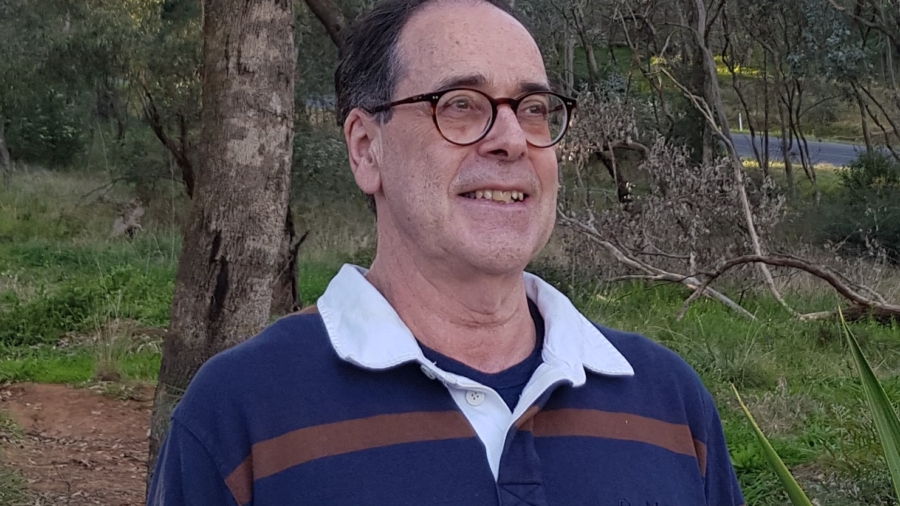
Recently my pastor took some long service leave, so I asked if I could preach from the Old Testament narrative of Esther. And in my preparation, I floundered. I mean I really floundered—I did so because of the ambiguities of the main protagonists in the story. So, for example:
- Does Esther, the Jewish orphan, willingly take part in the despot King Xerxes’ beauty pageant, or was she forced!? (see Esther 2)
- Is Mordecai’s defiance to the chief antagonist Haman in Esther 3, a petty family dispute carried over for several generations; or does he have more godly reasons to defy the king’s second in command!?
And yet it is the very ambiguities of Esther that make it so relevant to our age.
Is not my behavior as a Christian, ambiguous at times to what Christ has achieved for me on the Cross. At other times, it’s downright rebellious.
Is this not often my behavior to creation care. Oh, I may mouth belief to the cause—but ask me to go without a daily triple shot macchiato, that I might support creation care activities in Africa. Get real!
But as is the Bible as a whole, Esther has some redemptive and restorative messages for us living in the now, not yet, time; including that of Creation Care.
They include:
- We can feel drained, exhausted, and discouraged in making a stand for God and the care of His creation; but there are great examples of courage despite opposition in the Bible and Christian history. Both Esther and Mordecai have pivot points in their lives where God gives them the strength to stand for Him, despite the consequences.
- We need to keep in mind, as Mordecai declares to Esther regarding her role, that we are put on Earth ‘for a time such as this’, and that God can enable us (see Esther 4:15).
- Thus, though Creation Care activities can be opposed by the powerful forces of greed and ignorance, and what we do may feel insignificant, it doesn’t mean that God is not able to bless our work.
- We mustn’t neglect prayer, as this is implicit in the activities of God’s people in the book of Esther. An A Rocha member shared with me recently the difficult experience of arguing the case for habitat maintenance, with stakeholders for whom this is not a great concern. It struck me how much I need to pray for this person (and the stakeholders they’re engaged with!!).
- That we need to keep the endgame in mind. Esther ends with a celebration of their salvation from genocide; the festival of Purim, that is still celebrated today. We look forward to the new heavens and earth, where all will be redeemed, including God’s creation
Trusting that the Lord will bless you in your creation care activities, and that Esther might be an encouragement to you.
Rob Scriven, Wagga Wagga
Rob is married to Kate, has three adult children, and has retired in Wagga Wagga, NSW. He did an MSc at UNSW; and worked in the rangelands (Broken Hill and Hay) as a Soil Conservationist, including the management of ‘Protected Lands’ native vegetation. He was then Manager of Sustainable Landscapes (soil, land & vegetation investments on private land) for the Murrumbidgee Catchment Management Authority. He attends St Aidan’s Presbyterian Church.
This story was shared in the Winter 2021 A Rocha Australia ENews.


